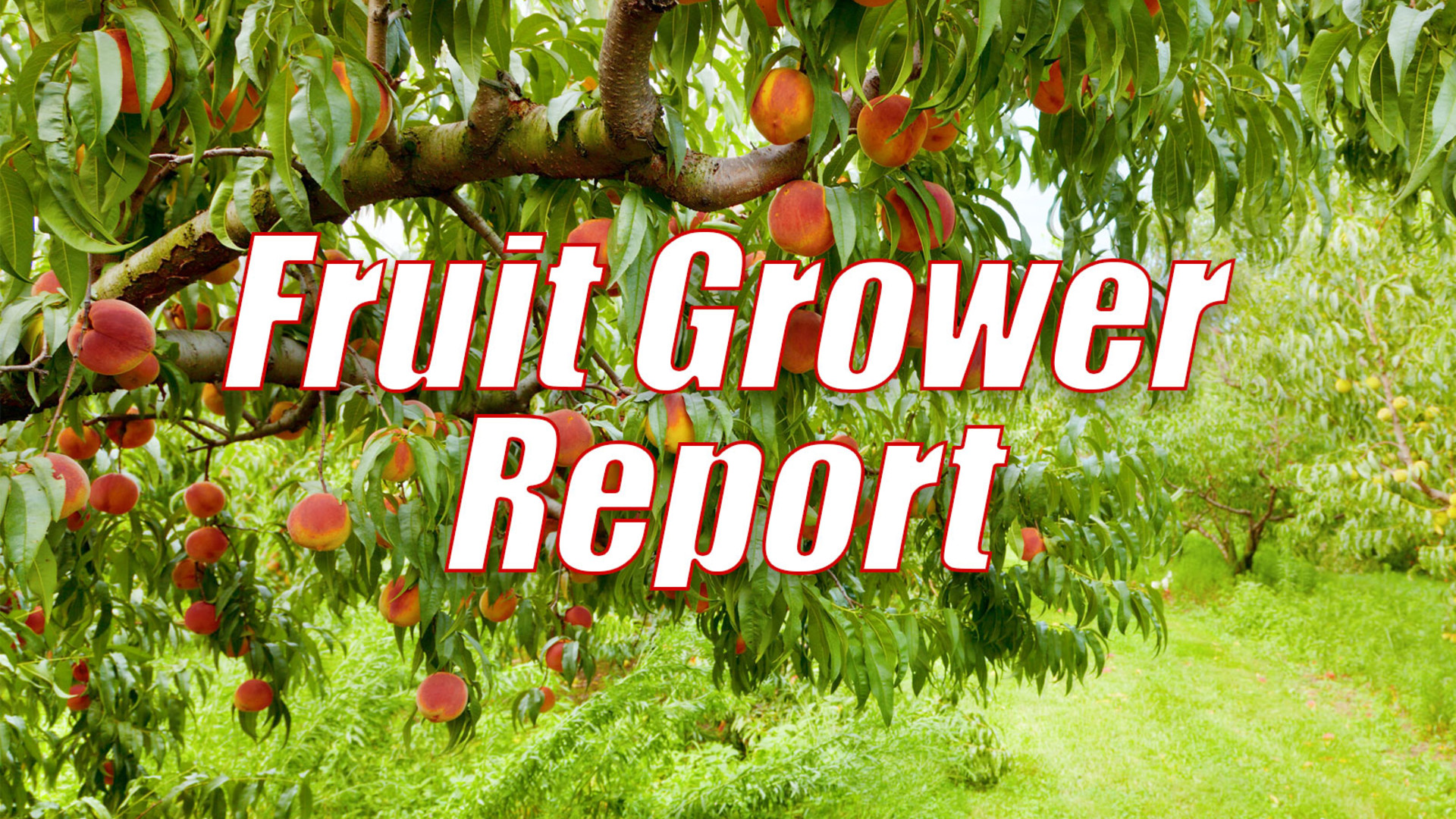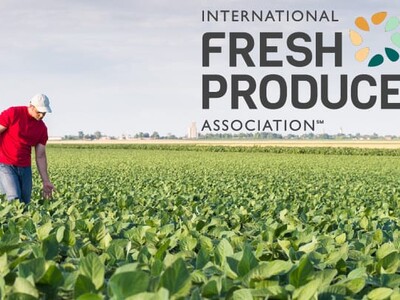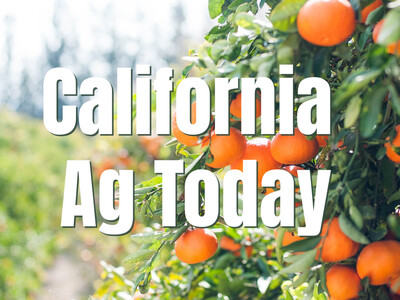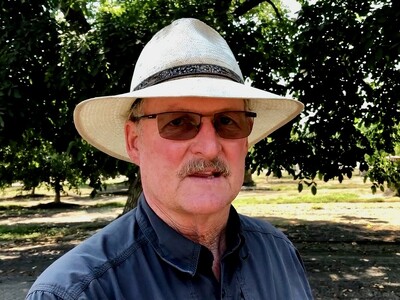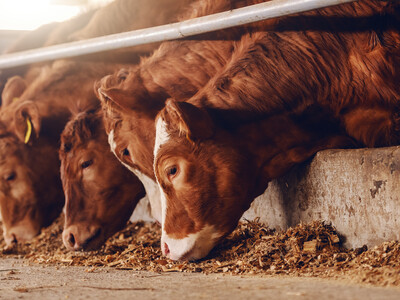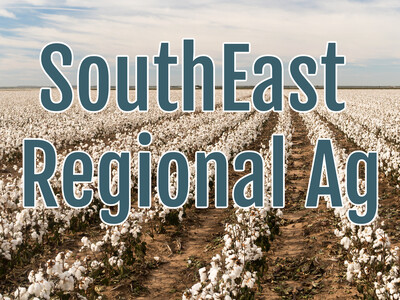Honey Bee Genetics
Honey Bee Genetics. I’m Greg Martin with today’s Fruit Grower Report.
If you are like me you like honey. I crave it and the thought of going without it is out of the question. But that is just one small part of the issue. Honey bee numbers have been declining at alarming rates and without those bees not only do I not have my honey, farmers all over do not have their crops pollinated. Steve Sheppard with WSU and his team have been working on a way to solve the problem.
SHEPPARD: It’s not like we think we’re going to go to Europe and find a bee that is resistant to mites and resistant to diseases because they have those same problems in Europe. It’s that it increases our genetic diversity of the stocks that we have available to do the breeding from. By having the most diverse population you can to begin with you have the biggest pool to select from.
WSU is currently collecting semen samples from three species of bees and cryogenically freezing it for use later. Sheppard says the answer is in breeding stronger bees.
SHEPPARD: We can preserve the top tier genetics that we have here in the U.S. and then later - five years or ten years from now we’ll be able to cross breed back to these.
That’s today’s Fruit Grower Report. I’m Greg Martin on the Ag Information Network.


